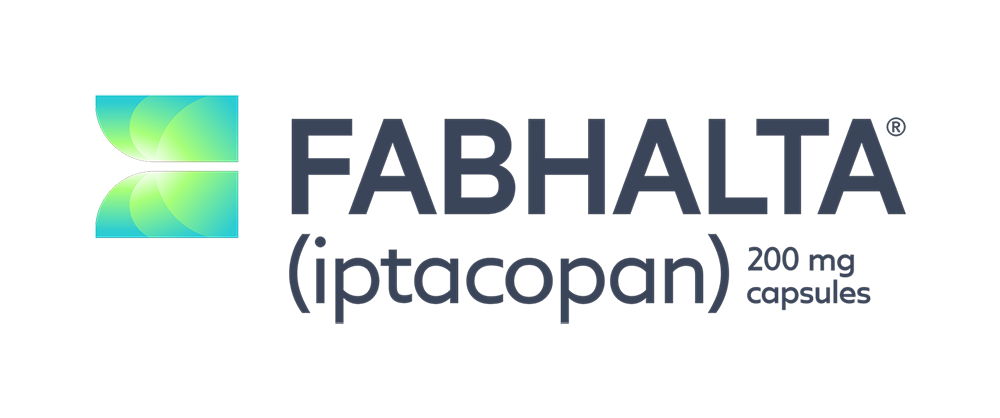
Achieving increased hemoglobin (Hb) levels is an important part of improving your PNH signs and symptoms
Low Hb levels can cause PNH signs like anemia and associated PNH symptoms that can affect your day-to-day activities.
Normal Hb levels vary but are generally between 12-16 g/dL for women and 13-18 g/dL for men.
There are 2 types of hemolysis in PNH:
IVH (INTRAvascular hemolysis) | EVH (EXTRAvascular hemolysis) |
It’s time to change your expectations of what’s possible
Reconsider PNH treatment goals and make informed decisions with your care team
PNH can affect your life in ways big and small, whether it’s experiencing symptoms or worrying about having to cancel plans.
Even if you are on PNH treatment, you may still feel some signs and symptoms of PNH due to low hemoglobin (Hb) levels
In this survey, 97% of adults with PNH (118 of 122) were on SOLIRIS® or ULTOMIRIS® for 3 months or longer. The results may be biased due to other medical conditions reported in these adults, including aplastic anemia in 34% (41 of 122) and bone marrow disorders in less than 6% (7 of 122).
Other potential limitations of the survey were small number of people, higher likelihood of including unsatisfied people (as they may be more motivated to participate), and symptoms based on individuals’ own report.
Whether you were recently diagnosed or have lived with PNH for years, you should seek out a PNH treatment that can fit your lifestyle.
*Hb data were analyzed for 114 respondents who reported Hb levels.
†Transfusion data are from 54 survey respondents who had received at least one year of SOLIRIS® or ULTOMIRIS® and who had at least one transfusion in their lifetime.
‡People rated their fatigue themselves using FACIT (Functional Assessment of Chronic Illness Therapy)-Fatigue, a 13-item questionnaire used to measure fatigue and its impact on their daily activities and function.
ULTOMIRIS (ravulizumab-cwvz) and SOLIRIS (eculizumab) are registered trademarks of Alexion Pharmaceuticals, Inc.



